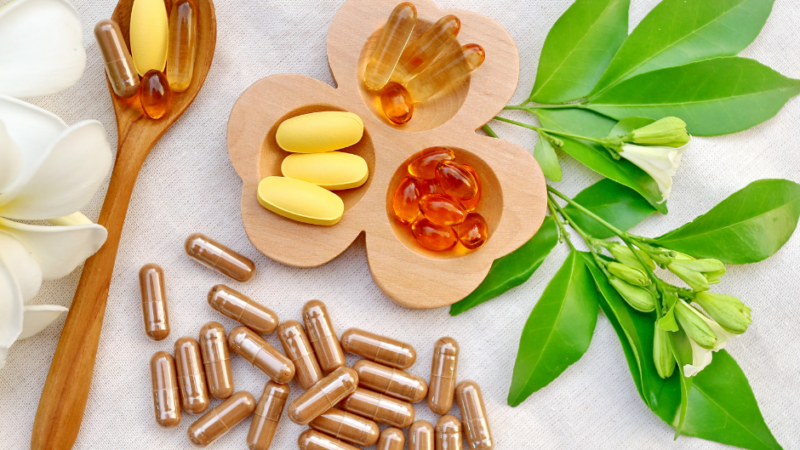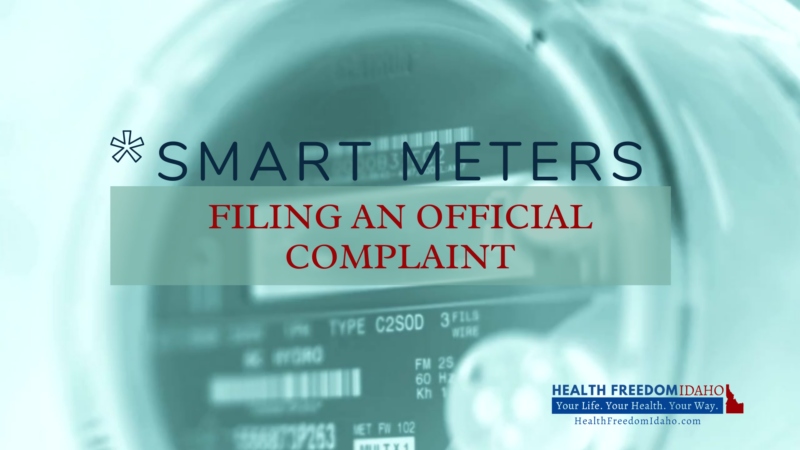Protect Babies From Life-Threatening Sepsis with Probiotics

Sepsis is essentially blood poisoning, often brought on by dysfunctional immune response that allows infections to progress to the point of extremely low blood pressure, weakening of the heart and multiple organ failure and death. Almost half of the 1 million Americans that get sepsis die from it, and globally, around 600,000 infants die from the disease.
Drug-resistant infections are becoming more prevalent and while antibiotics can’t fight the battle, probiotics actually can make a world of difference.
New research from rural India (abstract, article) reveals that feeding newborns probiotics can significantly lower their chances of developing sepsis. Amazingly, a common lactic acid bacteria found in fermented sauerkraut and kimchi (Lactobacillus plantarum ATCC-202195) has proven very successful. This particular strain not only colonized infant guts successfully, but it also remained in their intestinal tarct for up to four months. When the prebiotic fructooligosaccharide is added to promote the growth and colonization of the strain, the results are even better. Costs are minimal too, at just $1 per 7-day treatment course.
With around 40% of infants contracting sepsis in the Odisha state of India, the probiotic course reduced sepsis risk and death by 40%, to 5.4%. Because the study was so successful, they stopped the study short of its goal of treating 8,000 infants, and decided to just treat all infants with this life-saving probiotic + prebiotic mix.
More powerful than drugs?
Indian researchers noted that probiotics may be more powerful than drugs because:
- They help control harmful bacteria that could overtake a baby’s intestines
- They generate compounds that strengthen the intestinal wall, thus preventing harmful bacteria from etnering the bloodstream
- They promote healthier maturation of the baby’s immune system
This study is a great reminder of the power of food-based probiotics and prebiotics, and for alternative ways of dealing with life-threatening infections.
Photo by Jenna Norman on Unsplash






